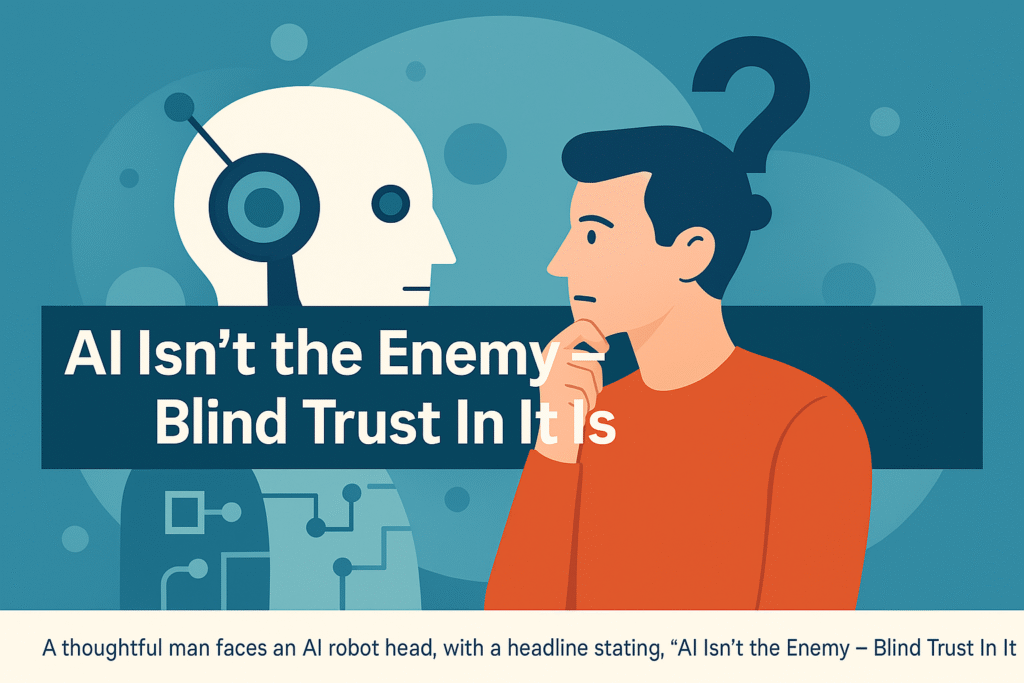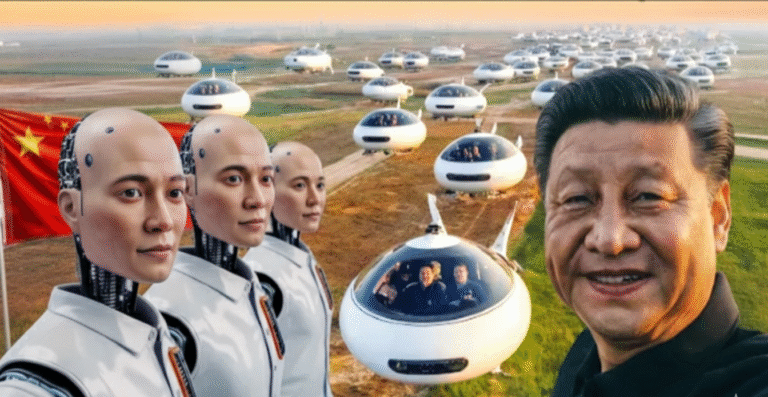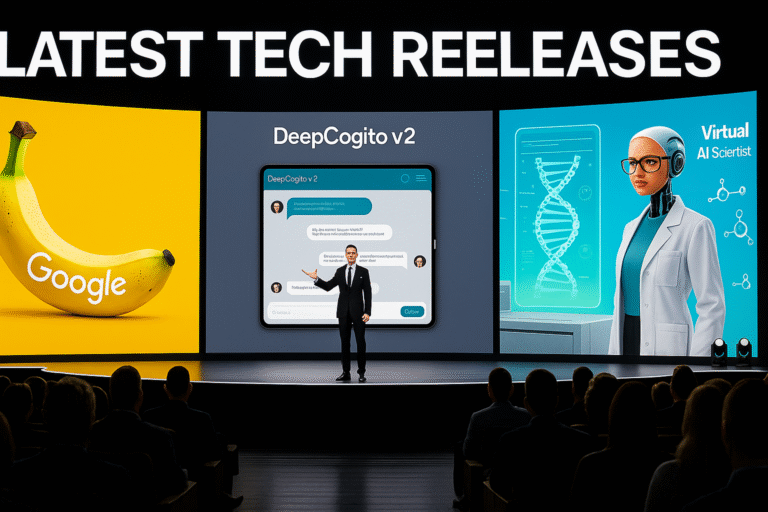
The Real Risk of AI: It’s Not the Tech, It’s Us
In an age where artificial intelligence is revolutionizing industries—from healthcare and education to finance and entertainment—the conversation often centers around whether AI will replace human jobs, turn rogue, or outsmart its creators. But here’s the twist: AI itself isn’t the biggest risk. The true danger lies in our growing overreliance on imperfect technology.
The Rise of Blind Trust
AI tools like ChatGPT, Google Gemini, and various machine-learning models are remarkable. They analyze massive datasets in seconds, predict outcomes, and even generate art and code. But many users and even businesses have started treating AI as infallible.
This blind trust is risky. Just because AI sounds confident doesn’t mean it’s correct. AI can (and often does) produce hallucinated results—especially when it’s trained on biased or outdated data.
AI is Built on Human Data — And Human Biases
At its core, AI doesn’t “understand” the way humans do. It identifies patterns based on data fed into it. If the training data is flawed, the output will be flawed too — this is called “garbage in, garbage out.”
Examples are everywhere:
- Hiring algorithms that favored men over women.
- Medical AI systems that underdiagnosed Black patients due to biased datasets.
- Facial recognition tools that struggle with accuracy across races and genders.
Still think AI is ready to make judgment calls for us?
Overdependence Can Be Dangerous
Here’s the real threat: when we stop thinking critically and start letting AI make decisions for us.
Imagine:
- A student submits an AI-generated assignment without verifying facts.
- A journalist publishes a story using AI without checking the source.
- A doctor trusts an AI tool’s diagnosis without a second opinion.
All of these lead to dangerous outcomes, not because AI failed—but because we abdicated responsibility.
The Future Demands Balance, Not Blindness
As we move deeper into the AI era, success will not come from handing over our thinking to machines — it will come from learning how to use them thoughtfully. Like any tool, AI can either empower or mislead, depending on who’s holding it and how it’s used.
We must teach ourselves and the next generation to ask questions, seek context, and value human judgment. Only then can AI truly serve us — not control us.
Because the biggest risk isn’t AI… it’s forgetting how to be human.
Humans Still Matter — More Than Ever
AI can be an excellent assistant, but not a replacement for human reasoning, empathy, or ethical decision-making. Our ability to:
- Question,
- Contextualize,
- And reflect
…still outperforms AI in critical situations.
Doctors, teachers, writers, and engineers must continue to apply human judgment to AI tools — not surrender to them.
What Can We Do to Stay Smart With AI?
Here’s how we can use AI responsibly and reduce our risk:
1. Stay Informed
Keep learning how AI works, what its limitations are, and how to verify its outputs. Never assume it’s always right.
2. Human-in-the-Loop Systems
Always include a human step in high-risk decision-making processes — especially in healthcare, law, and education.
3. Ethics in Design
Push for AI models that are built on transparent, diverse, and accountable data practices.
4. Encourage Digital Literacy
Everyone from schoolchildren to CEOs needs to understand how to critically assess AI-generated content.
5. Use AI as a Tool, Not a Crutch
AI should assist, not replace. It should enhance your work, not think for you.
Conclusion: AI’s Power Comes with Human Responsibility
AI isn’t evil. It’s not coming for us. But it also isn’t perfect. And that’s where the danger lies—in assuming it is.
We must shift the conversation from “Will AI replace us?” to “How can we stay responsible while using it?”
By remaining alert, critical, and thoughtful in our interactions with AI, we can truly unlock its potential—without
falling victim to its flaws.
FAQ
Q1: Is AI dangerous for humanity?
A: AI itself isn’t dangerous. The real risk lies in overreliance on imperfect systems and blind trust in AI outputs.
Q2: What are the limitations of AI technology?
A: AI can produce biased or inaccurate results due to flawed data, lack of context, or hallucinations in language models.
Q3: How can we use AI responsibly?
A: By staying informed, applying human judgment, verifying results, and including humans in high-stakes decisions.
Q4: Will AI replace human thinking?
A: No. AI should assist human thinking, not replace it. Human values, ethics, and context are still irreplaceable
📌 Call-to-Action:
Are you using AI wisely — or blindly trusting it? Let us know your thoughts in the comments below.


